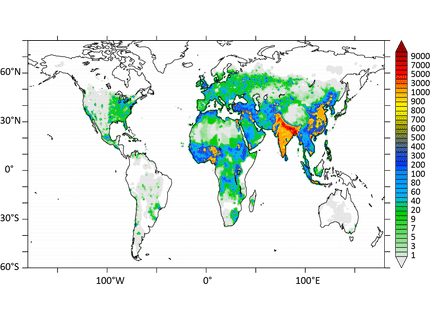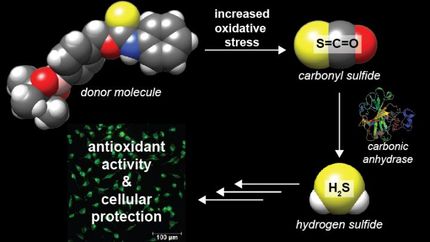Novartis' leading hypertension drug, Diovan®, gains marketing approval in Japan
Basel, 22 September 2000 - Novartis announced today that it has received marketing approval from the Japanese Ministry of Health and Welfare for Diovan® (valsartan), its highly selective angiotension receptor blocker (ARB), for the treatment of hypertension (high blood pressure). The company expects to launch Diovan in Japan, the world's second largest pharmaceutical market, by the end of this year.
"Diovan has already helped millions of patients around the world control their hypertension and we are pleased that its unique advantages can now be offered to hypertensive patients in Japan", said Thomas Ebeling, Chief Executive Officer, Novartis Pharma AG.
ARBs are a new class of drugs and are the fastest growing anti-hypertensives worldwide. Diovan is currently growing faster than others drugs in the same class in many major markets, particularly the US.
Diovan works by selectively blocking the action of the hormone, angiotensin II at the AT1 receptor to achieve effective blood pressure control while at the same time preserving the beneficial effects of angiotension II at the un-blocked AT2 receptor. Diovan has been shown to be more effective in reducing blood pressure compared to losartan1,2 and is as at least as effective as other leading antihypertensives, including amlodipine and enalapril.3-5 Diovan also improves certain cardiac and renal parameters such as left ventricular hypertrophy and microalbuminuria, known cardiovascular disease risk factors.6,7
As part of its development programme, Novartis is conducting one of the largest clinical trial programmes to examine the benefits of Diovan across a range of life-threatening cardiovascular illnesses, including three major morbidity and mortality studies in over 35,000 patients. These studies include patients with congestive heart failure (Val-HeFT), high-risk hypertensive patients (VALUE), patients with acute myocardial infarction (VALIANT) and diabetic patients with and without hypertension (ABC-D-2V).
Recently, a team of Novartis scientists received a prestigious award for the discovery of Diovan, considered a major breakthrough in helping to combat hypertension. The award was presented on August 20 by the American Chemical Society (ACS), the world's largest scientific society, which honors innovators whose scientific work has made a significant and lasting contribution to global human welfare.
The foregoing press release contains forward-looking statements that can be identified by terminology such as "expects," "potential," "suggests," "may," "will," "make available," or similar expressions. Such forward-looking statements involve known and unknown risks, uncertainties and other factors that may cause the actual results to be materially different from any future results, performance, or achievements expressed or implied by such statements. In particular, management's expectations could be affected by, among other things, uncertainties relating to clinical trials and product development; unexpected regulatory delays or government regulation generally; the company's ability to obtain or maintain patent and other proprietary intellectual property protection; and competition in general.
Novartis (NYSE: NVS) is a world leader in healthcare with core businesses in pharmaceuticals, consumer health, generics, eye-care, and animal health. In 1999, the Group (including Agribusiness) achieved sales of CHF 32.5 billion (USD 21.6 billion) and invested more than CHF 4.2 billion (USD 2.8 billion) in R&D. Headquartered in Basel, Switzerland, Novartis employs about 82 500 people and operates in over 140 countries around the world. The Group plans to spin off its Crop Protection and Seeds sectors and to merge them with the agrochemicals business of AstraZeneca in the fourth quarter of 2000.
References Fogari R, Zoppi A, Mugellini A, et al. Comparative efficacy of losartan and valsartan in mild-to-moderate hypertension: results of 24-ambulatory blood pressure monitoring. Cu











































